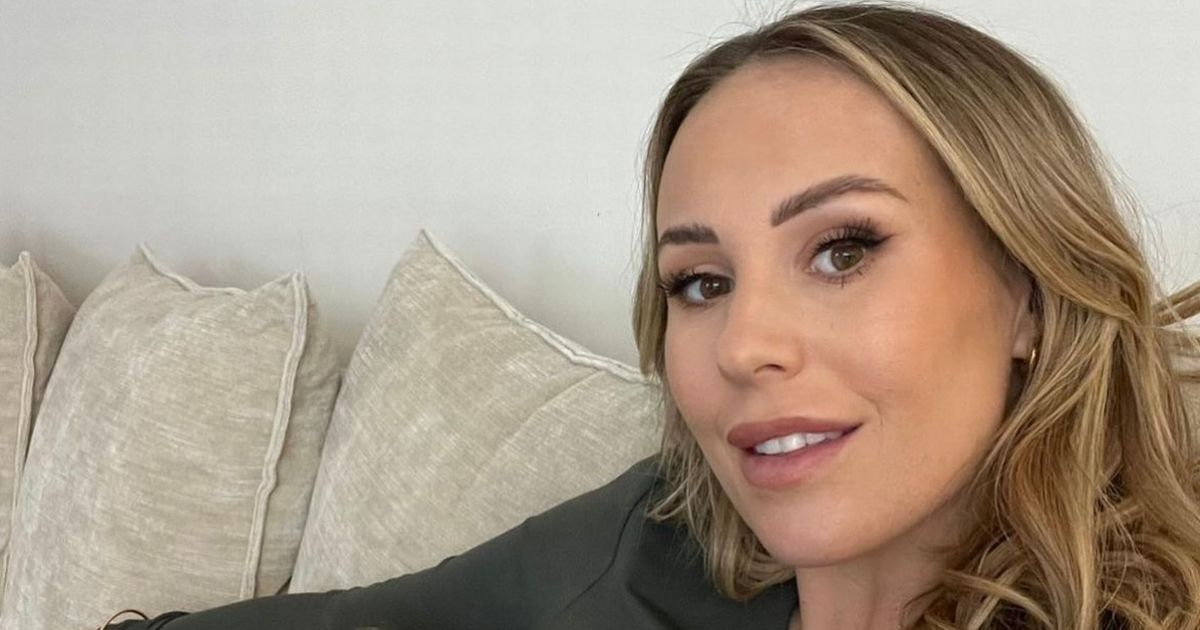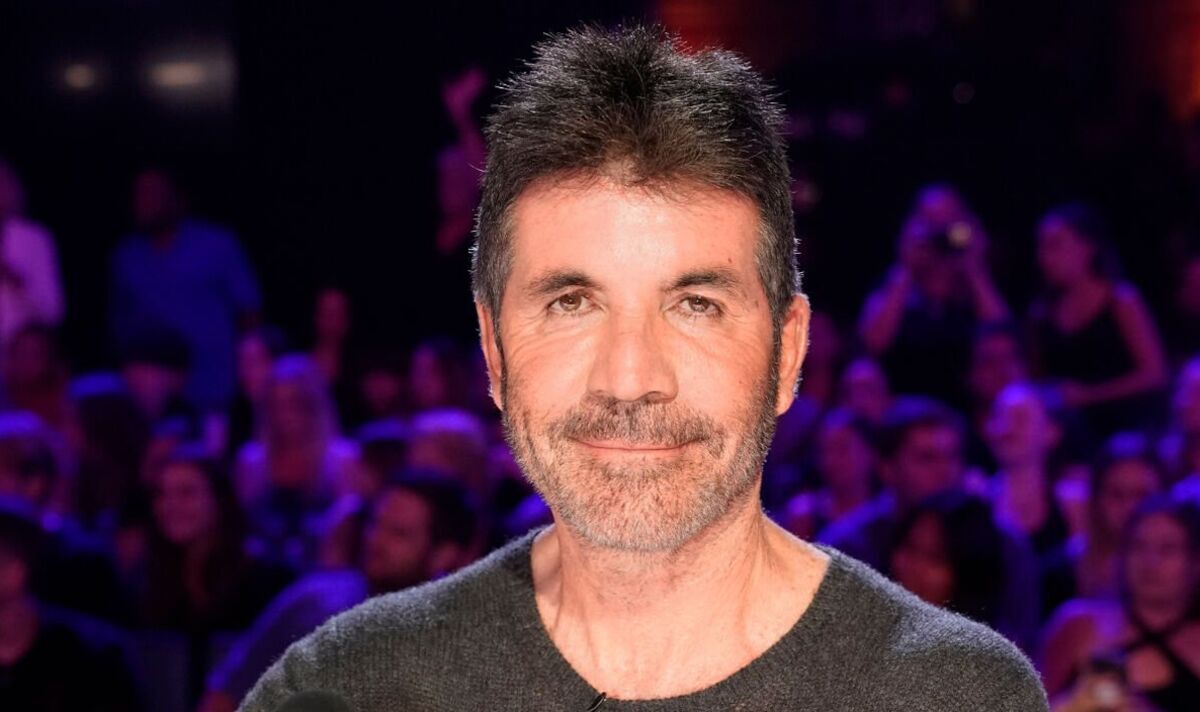Arkansas becomes second state to ban under-18s from using SOCIAL MEDIA without ID or parent consent- how will it work and are more states to follow?
- Arkansas has become the second state to restrict social media for minors
- Minors will need to get parents’ consent when opening an account
- READ MORE: Utah will require children get parents consent for social media
Arkansas has joined Utah with the approval of legislation requiring minors to get their parent’s permission to create a new account.
The bill signed by Republican governor Sarah Huckabee Sanders Wednesday requires social media companies contract with third party vendors to verify the ages of new users – using driving licenses or photo IDs.
It applies to all social media platforms which generate more than $100 million in annual revenue, including Facebook, Instagram and TikTok. But others that are not deemed a risk to children – like LinkedIn – are exempt.
Companies that knowingly violate the age verification requirement could face a $2,500 fine for each violation under the new law. But experts have questioned how and if the restrictions can actually be enforced.
The bill signed by Republican governor Sarah Huckabee Sanders Wednesday requires also social media companies verify the ages of new users using driver’s license or photo ID
The legislation – due to kick in in September – has also drawn criticism from opponents who said restrictions could raise new privacy concerns.
Republican Sen. Tyler Dees, the Arkansas bill’s sponsor, said the new law ‘sends a clear message that we want to partner with parents and empower them to protect our children.’
But Jason Kelley, acting director of activism for the Electronic Frontier Foundation, said in a statement: ‘The governor and the legislators who voted for this bill must not understand the harm it will cause to the privacy and free speech rights of the people they represent, because if they did, I don´t think they could pass it in good conscience.’
The bills, however, do not outline exactly how the restrictions will be enforced.
In an interview with PBS, Arkansas state Senator Mike McKell said that the Division of Consumer Protection will be working closely with social media companies over ‘the next eight months to a year to develop what that looks like.’
Arkansas’s proposal is similar to a law that Utah Gov. Spencer Cox signed last month and which is due to take effect in March 2024.
Several other states are considering similar measures, touted by supporters as a way to protect children.
California last year enacted a law requiring tech companies to put kids’ safety first by barring them from profiling children or using personal information in ways that could harm children physically or mentally.
A link between mental health problems among children and social media use has been building for years.
It applies to all social media platforms, such as Facebook, Instagram and TikTok, which generate more than $100 million in annual revenue, but others like LinkedIn and Google are exempt
The proposal is similar to a first-in-the-nation law that Utah Gov. Spencer Cox signed last month (pictured). Utah’s law takes effect in March 2024
Sanders last month announced the state had filed lawsuits against TikTok and Facebook parent Meta, claiming the social media companies misled consumers about the safety of children on their platforms and the protection of users’ private data.
READ MORE: Social media makes children insecure, study finds
Social media is reprogramming children’s brains and creating a generation of thin-skinned adults, a study suggests.
Cox signed into law to bills in March – H.B. 311 and S.B. 152.
‘We’re no longer willing to let social media companies continue to harm the mental health of our youth,’ Cox said on Twitter last month.
H.B. 311 goes one step further regarding social media regulation, banning companies from using addictive features or designs and implementing curfews.
‘Youth rates of depression and other mental health issues are on the rise because of social media companies,’ the Republican governor stated.
‘As leaders, and parents, we have a responsibility to protect our young people,’ he continued in a tweet with a video of him talking about the new laws.
The new laws prohibit social media companies from displaying ads, showing accounts held by minors in search results, and collecting info on children.
The apps will also be unable to suggest or target content and ads to minors.
One of the most notable features is the curfew which automatically locks children out of their accounts at 10.30pm and does not allow them back on until 6.30am.
The locks are activated by the location of a user’s phone and the feature can be adjusted with parental consent.
Platforms like Instagram, Twitter, TikTok, and Facebook now have until March 1, 2024 to comply.
If they do not adhere to the new laws, they may be punished in civil or criminal court.
Source: Read Full Article






